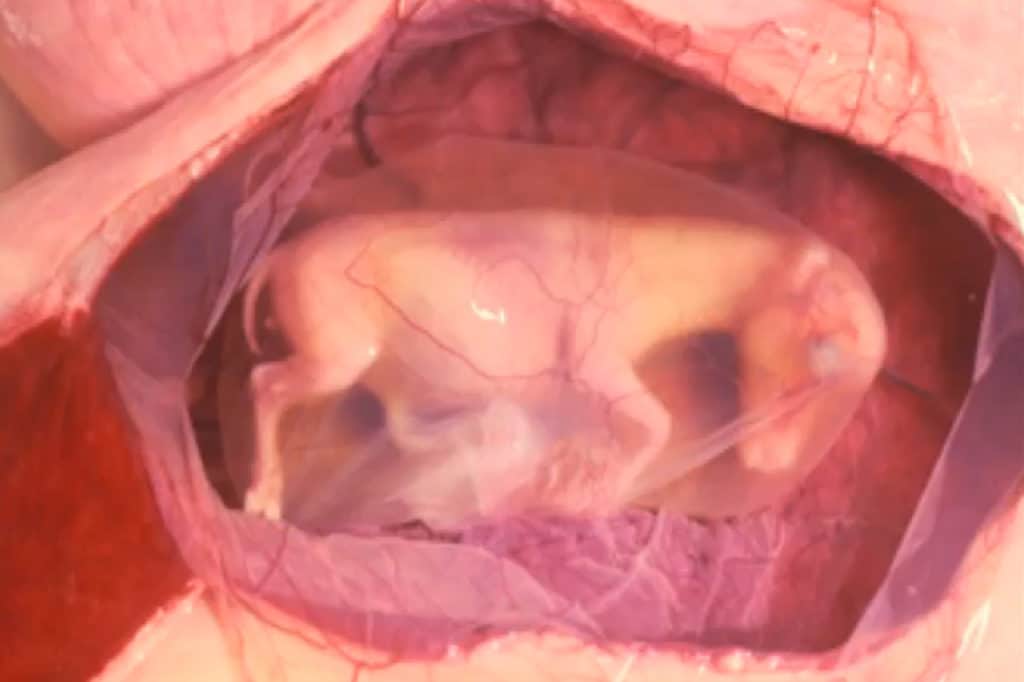
Equine Fetal Life/Placenta
Dr. Donald Schlafer of Cornell University discusses the equine fetus and placenta.
News and issues for equine health professionals

Dr. Donald Schlafer of Cornell University discusses the equine fetus and placenta.
The Irwin Foundation recently donated $10,000 to the University of Kentucky Gluck Equine Research Center to fund veterinary education. The money will be used to support the 2011 Department of Veterinary Science Equine Diagnostic and Research Seminar Series.
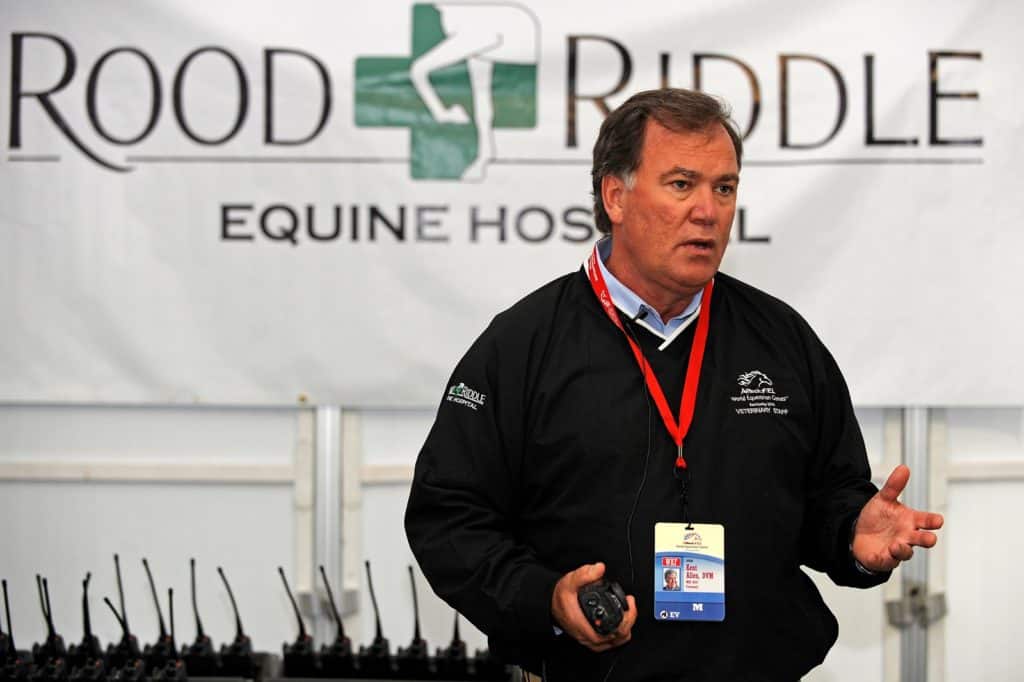
Dr. Nathan Slovis describes how equine health issues will be handled during the World Equestrian Games.
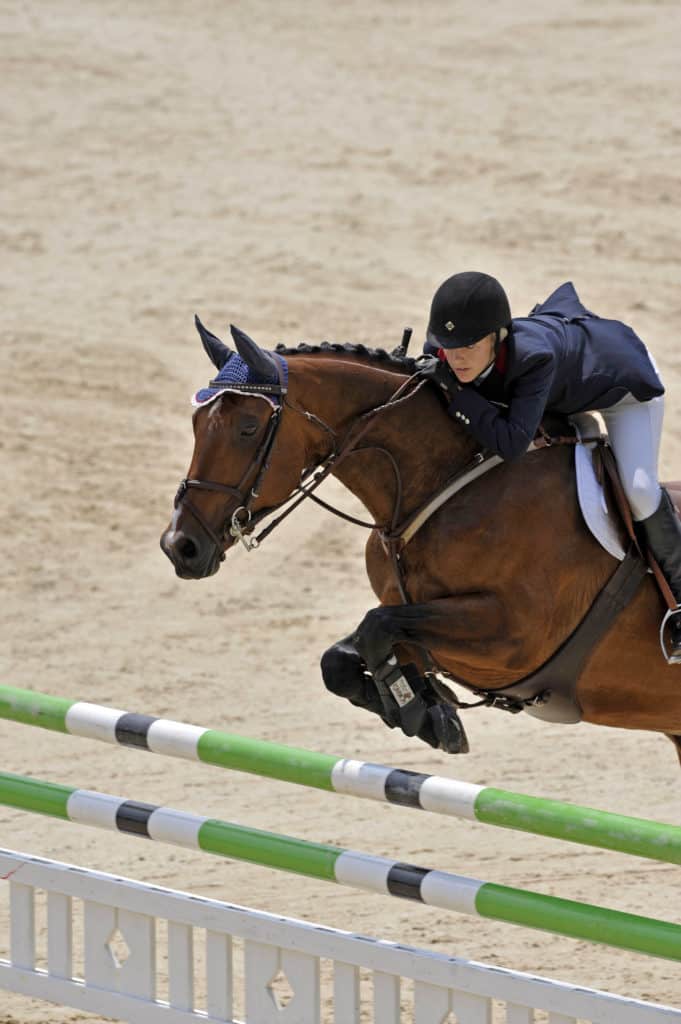
What makes the Alltech FEI World Equestrian Games “bigger and better” from a horse care/management standpoint?
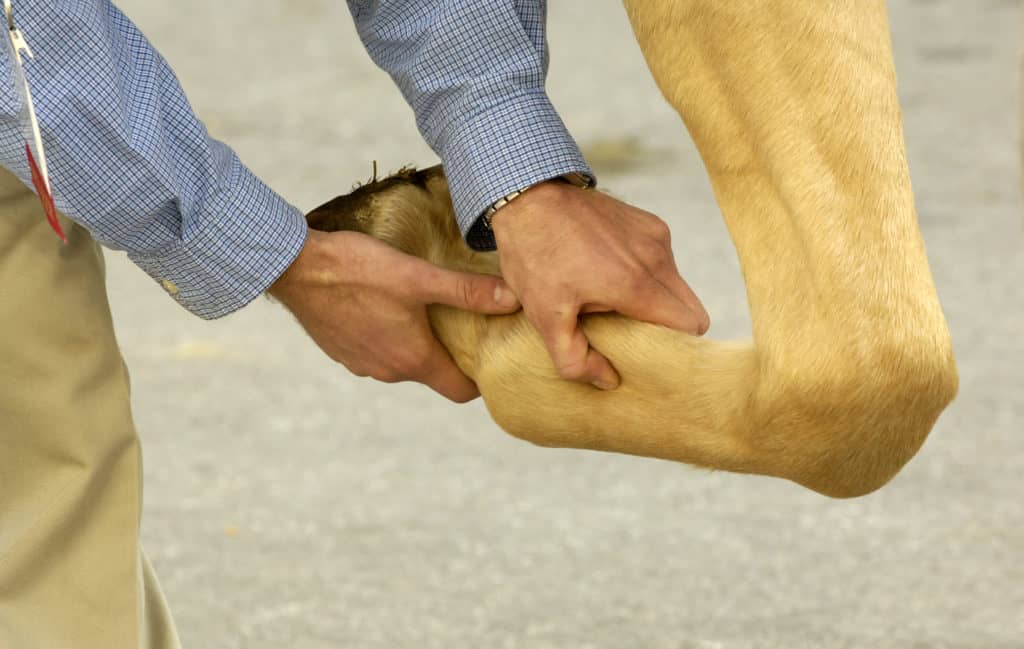
Dr. Duncan Peters of the Hagyard Equine Medical Institute discusses regenerative therapies (such as stem cell therapy and platelet-rich plasma) for healing injuries common to sport horses.

The World Equestrian Games will bring together an unprecedented level of veterinary talent.
Diagnostic assays for equine protozoal myeloencephalitis (EPM) developed under the leadership of Daniel Howe, PhD, a molecular parasitologist at the University of Kentucky Gluck Equine Research Center, are now available exclusively at Equine Diagnostic Solutions LLC (EDS).
The World Equine Veterinary Association (WEVA) held an intermediate meeting May 28-29 in Debrecen, the second largest city of Hungary.

Dr. Kevin Haussler discusses horse back problems and the use of chiropractic and complementary therapies.

Regenerative medicine (stem cell therapy) might make the idea of “Horse, heal thyself,” a real possibility. This was the topic at the first North American Veterinary Regenerative Medicine Conference in 2010.
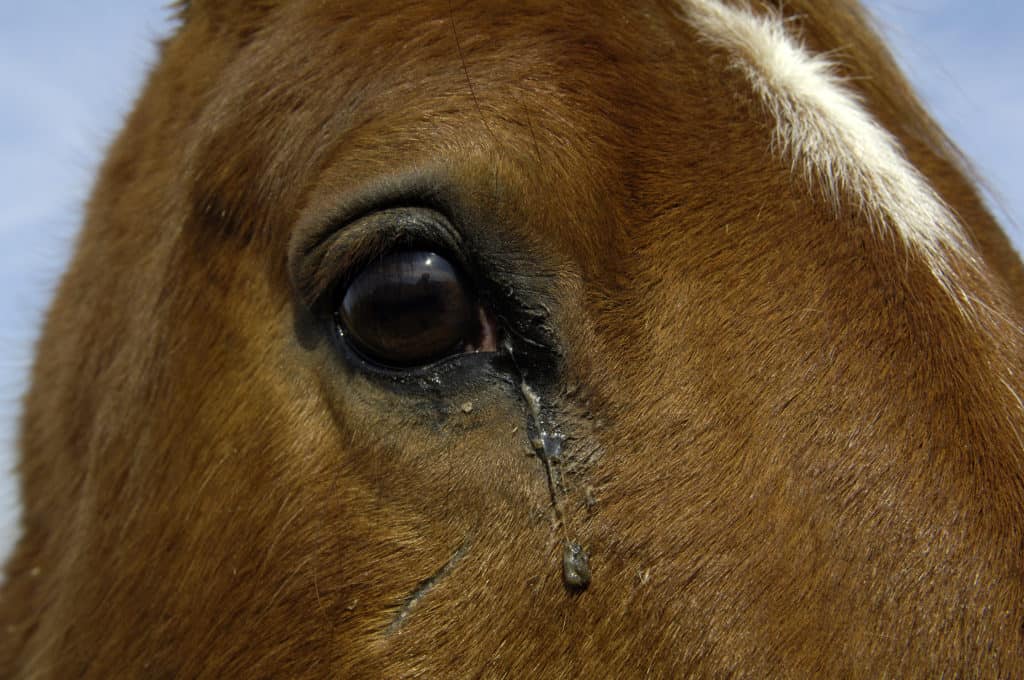
Dr. Claire Latimer of the Rood and Riddle Equine Hospital discusses veterinary ophthalmology, signs of eye problems, and treatment strategies.

Dr. Katherine Garrett of Rood and Riddle Equine Hospital in Lexington, Ky., discusses the use of MRI to diagnose injuries and other problems in horses.

Equine lameness, defined as a deviation from a normal gait, is an indicator of a structural or functional disorder of the musculoskeletal system (the limbs or spinal column) that is noted while the horse is either moving or stationary.

Equine practitioners use ultrasound machines to help diagnose a number of physical abnormalities.

Cloning is defined as the process of creating a genetically identical copy of another cell or organism (i.e., bacteria, plant or animal) through non-sexual means.
A team of veterinary researchers in the United Kingdom recently reviewed the use and results of homeopathy for equine ailments including arthritis, headshaking, laminitis, and more.
“Homeopathy is a 200-year-old therapeutic meth
Stay on top of the most recent Horse Health news with
"*" indicates required fields